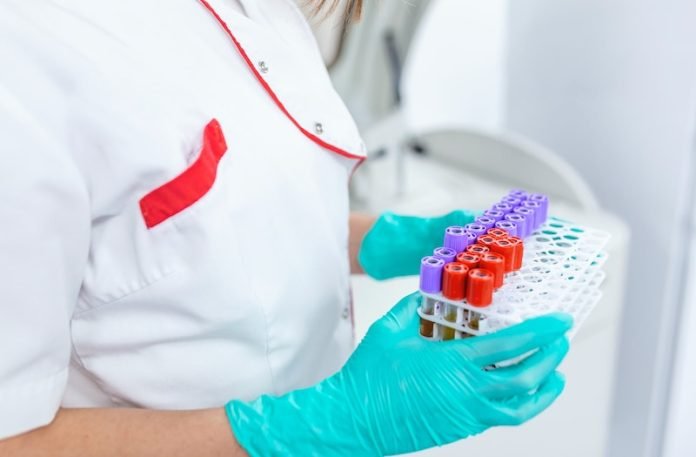
Pioneering research led by the University of Liverpool, in collaboration with Janssen Pharmaceutica NV, is using molecular biology to analyze blood samples to predict future occurrences of lung cancer.
Their findings demonstrate significant potential for using circulating proteins in the blood to forecast the most common cause of cancer death in Britain.
Early Detection of Lung Cancer Can Save Lives
Although late-stage lung cancer typically has a poor prognosis, early detection and treatment can drastically improve patient outcomes.
This long-term study involved researchers analyzing blood samples from healthy participants one to ten years prior to a lung cancer diagnosis, comparing them with control subjects who did not develop lung cancer.
The comparison indicated that certain plasma proteins could help identify those most likely to suffer from lung cancer in the future.
The Role of the Liverpool Lung Project
Over the past three decades, Liverpool has been instrumental in demonstrating the potential of lung cancer screening for early diagnosis in the U.K.
The Liverpool Lung Project (LLP), funded by the Roy Castle Lung Cancer Foundation and headed by the University of Liverpool’s Prof John Field, has been pivotal in developing a risk model to identify individuals at high risk of developing lung cancer. T
he model has been implemented in the UK Lung Cancer Screening Trial (UKLS) and is used in the NHS Targeted Lung Health Check program.
Unprecedented Research
The recent study was led by the University of Liverpool’s Dr. Michael Davies, in collaboration with scientists at Janssen.
Dr. Davies emphasized the significance of the research: “We can potentially look at patterns of proteins in easily obtained blood samples to help understand cancer and, significantly, identify who it might affect.
This can help us to target those patients for lung cancer screening.”
This research coincides with a recent Government announcement detailing the continuation of the Targeted Lung Health Checks (TLHC) Program.
The program aims to offer lung cancer screening to at-risk patients to detect the disease at an earlier stage and improve the chances of successful treatment.
Paula Chadwick, chief executive of Roy Castle Lung Cancer Foundation, expressed her pride in the research: “We funded the Liverpool Lung Project back when no one else was interested in lung cancer. Many years and a lot of hard work later, that pipedream has become a reality.”
If you care about cancer, please see recent studies about new ways to increase the longevity of cancer survivors, and results showing new ways to supercharge cancer-fighting T cells.
For more information about health, please see recent studies about how drinking milk affects the risks of heart disease and cancer and results showing that vitamin D supplements could strongly reduce cancer death.
The study was published in eBioMedicine.
Follow us on Twitter for more articles about this topic.
Copyright © 2023 Knowridge Science Report. All rights reserved.



